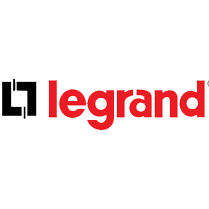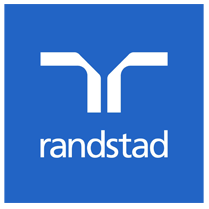French manufacturing, in search of lost time
France’s gradual de-industrialisation has resulted in a loss of competitiveness on the international stage, rising unemployment and job insecurity, particularly in historically industrial regions, the loss of major industrial skills and know-how, and dependence on imports.
Since the end of the 2000s, France has been reflecting on the reindustrialisation of its territory. This momentum has accelerated with the emergence of new sectors such as renewable energies and the ecological transition. Factories have reopened and industrial employment has been revitalised, but the momentum has been hampered by the war in Ukraine and rising energy costs, among other factors.
Today, manufacturing’s contribution to France’s GDP is stagnating, and all stakeholders need to be mobilised.
Reindustrialisation: which levers to activate?
Our country’s efforts to re-industrialise depend on the attractiveness of our regions, the simplification of administrative procedures, financial incentives, worker training and innovation. A number of levers can be used to this end:

- The location of future products in France can be encouraged by business incentives such as tax credits, subsidies and administrative facilities for setting up new factories;
- Encourage the establishment of industrial companies in rural and peri-urban areas, by offering tax and financial assistance, and by improving transport and communication infrastructures;
- The development of innovative technologies and the modernisation of existing plants must be supported by public and private investment, as well as by partnerships between companies and research centres;
- Worker training is a major challenge if we are to meet the needs of manufacturing, particularly in terms of digital skills. Vocational retraining programmes and appropriate initial training must be put in place;
- Strengthening cooperation between businesses, universities and research centres to encourage innovation and knowledge sharing;
- Strengthen European cooperation to develop a common industrial policy and encourage the emergence of European industrial champions.
In terms of attractiveness, local authorities are on the front line. The development of medium-sized towns is crucial to relieve congestion in metropolitan areas and attract future factories. To achieve this, local elected representatives and public players need to guarantee the availability of land on which to build sites, work to create an attractive living environment for future employees (accommodation, services, activities, etc.), simplify administrative procedures and make the most of local networks to ensure the success of industrial location projects.
Reindustrialisation, an issue that inspires our editorial teams.
Our leading media brands are taking up the challenge of reindustrialisation through a series of exceptional editorial features, including reports, studies, interviews, special reports and coverage of key events throughout the year, to bring an objective and unique perspective to all stakeholders: mayors and local councillors, manufacturers, B2B decision-makers, engineers, urban management professionals, service providers, and so on.
Speak on reference media such as La Gazette des Communes, L’Usine Nouvelle, or Le Moniteur to reveal your commitment to reindustrialization and/or promote your expertise to a targeted, engaged, and intentional audience.















































